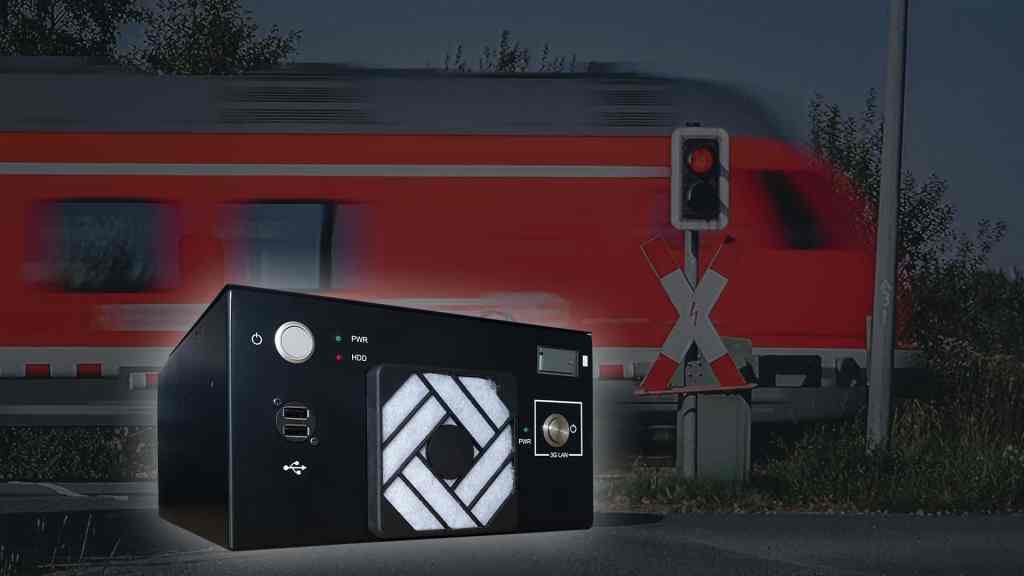
In This Article
How We Test for 24/7 Reliability in Mission-Critical Systems
When your system needs to run continuously — without fail — for days, weeks, or even years, reliability isn’t just important; it’s critical. At BVM, we design, build and rigorously test our hardware to meet the demands of 24/7 operation in mission-critical environments, from industrial automation and transportation to defence and medical applications.
In this article, we’ll take you behind the scenes and show you how we test for long-term reliability — and why our methods give our customers peace of mind.
Understanding the Demands of 24/7 Operation
Unlike consumer systems that can afford downtime or regular reboots, mission-critical applications demand:
- Continuous uptime
- Predictable performance under sustained load
- Tolerance to harsh environmental conditions
- Resistance to component fatigue or failure

BVM designs and tests each system with these demands in mind — whether we’re supplying a rugged embedded PC for railway infrastructure or a fanless system for edge AI processing.
Our 24/7 Reliability Testing Process
1. Burn-In Testing (Continuous Runtime Validation)
Each system undergoes a burn-in test — typically between 24 and 72 hours — where the machine runs at full load to reveal early-life failures. This helps identify issues such as:
- Component instability under load
- Overheating or inadequate thermal management
- Power supply issues
- BIOS misconfigurations
We use diagnostic and stress-testing software to simulate real-world workloads and continuously monitor temperatures, voltages, and fan speeds (where applicable).
2. Thermal Testing
Heat is the enemy of long-term system health. We test for thermal performance under:
- High ambient temperatures, using controlled thermal chambers where required
- Fanless cooling scenarios, checking that passive cooling solutions are effective
- Extended load, ensuring no thermal throttling or overheating occurs during long periods of use
We verify that each system maintains optimal internal temperatures to avoid heat-related degradation over time.
3. Vibration and Shock Testing (When Required)
For systems destined for use in vehicles, rail, or manufacturing environments, we perform vibration and shock tests to simulate real-world movement and impact.
This ensures that internal components — especially SSDs, RAM, and cabling — remain secure and operational even in harsh, dynamic conditions.
4. Power Cycling and Cold Boot Testing
We validate that the system can:
- Reboot cleanly under a variety of conditions
- Handle power loss without OS corruption
- Boot reliably from cold, repeatedly
This step is crucial for systems that may experience scheduled or unscheduled reboots in the field.
5. Long-Term Component Validation
Where possible, we select components rated for extended use, including:
- Industrial-grade SSDs and RAM
- Capacitors rated for long MTBF
- Wide-temperature-range components
We also track and verify manufacturer lifecycles to avoid obsolescence or support issues during long deployments.
Custom Testing for Specific Applications
Every deployment has unique requirements. For example:
- A railway control system may need EN50155-compliant testing, including wide temperature operation and vibration resistance.
- An edge AI device may need to demonstrate stable GPU acceleration under 100% sustained load.
- A medical imaging system may require high-resolution display testing, low-noise operation, and strict EMC conformity.
- A military-grade system may require MIL-STD-810 testing for shock, vibration, humidity, and altitude.
- A factory-floor automation controller may need to operate within an enclosed cabinet in a dusty, high-temperature environment — tested accordingly with fanless cooling and IP-rated enclosures.
- A marine navigation PC may require salt fog resistance, corrosion protection, and low power draw to suit onboard power systems.
Our team works closely with customers to tailor test plans that meet their needs — and document the results for full traceability.
The Result: Hardware You Can Trust
By the time a system leaves our facility, it’s not just powered on and shipped. It has been proven — through carefully planned, well-documented testing — to perform reliably in the exact conditions it was designed for.
That’s why leading companies across industries trust BVM to deliver systems that just work, day in and day out.
Need a System You Can Rely On?
If you need embedded or industrial hardware capable of 24/7 operation in a demanding environment, talk to the team at BVM. We’ll help you design, build, and test a solution you can depend on.
👉 Contact us today or call +44 (0)1489 780144 to discuss your project.
We like to make life easier ….
BVM supply a wide and diverse range of Industrial and Embedded Systems.
From Industrial Motherboards, SBCs and Box PCs, to Rack Mount computers and Industrial Panel PCs. Our support teams have worked in a variety of industrial and embedded environments and consequently provide knowledge, know-how, experience and all round good advice around all BVM’s products & services when and where you need it.
You can 📞 Call us on +(0) 1489 780 144 and talk to one of the team or 📧 E-mail us at sales@bvmltd.co.uk






